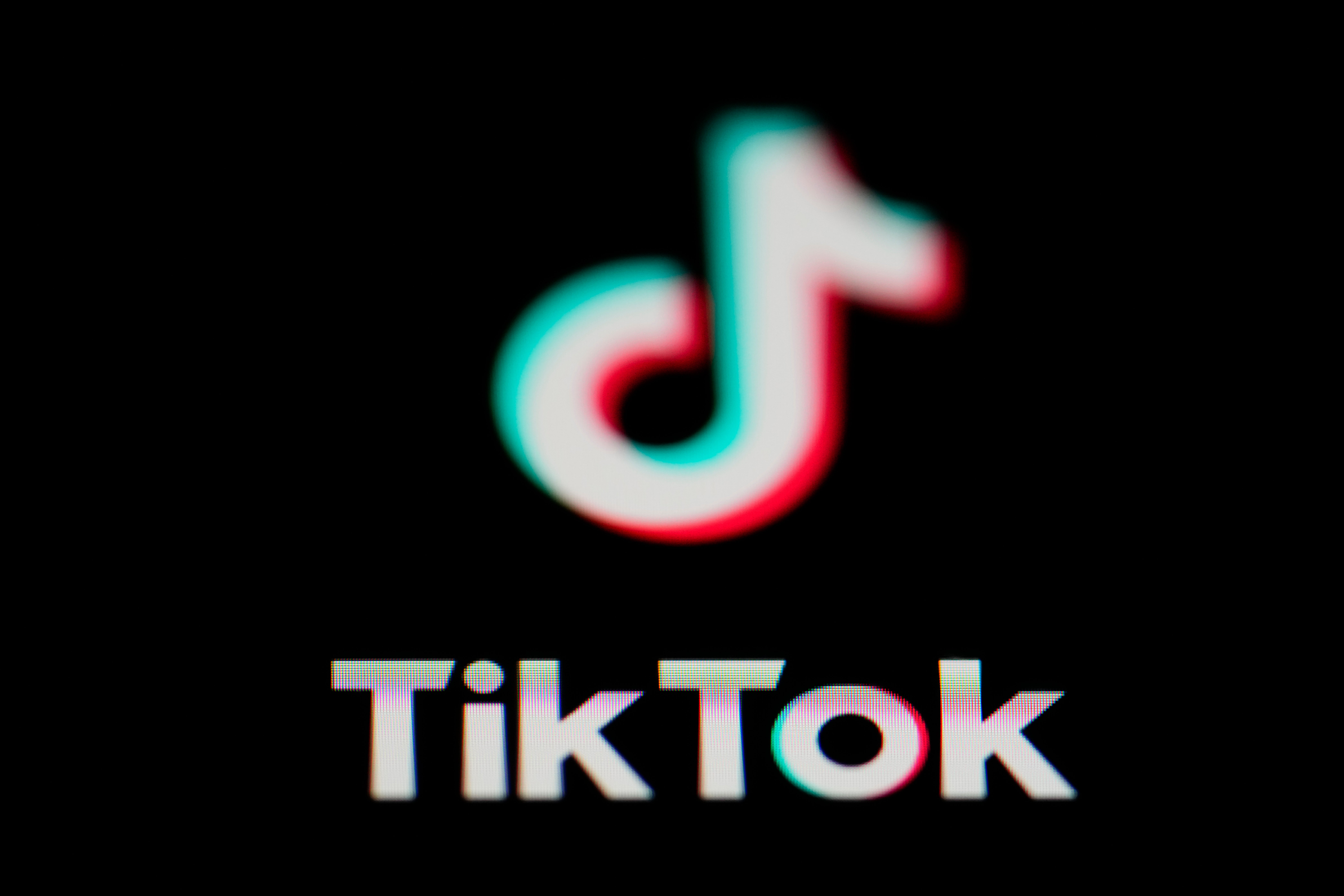China says US spreading disinformation, suppressing TikTok
China is accusing the United States of spreading disinformation and suppressing TikTok following reports that the Biden administration was calling for its Chinese owners to sell their stakes in the popular video-sharing app

Your support helps us to tell the story
From reproductive rights to climate change to Big Tech, The Independent is on the ground when the story is developing. Whether it's investigating the financials of Elon Musk's pro-Trump PAC or producing our latest documentary, 'The A Word', which shines a light on the American women fighting for reproductive rights, we know how important it is to parse out the facts from the messaging.
At such a critical moment in US history, we need reporters on the ground. Your donation allows us to keep sending journalists to speak to both sides of the story.
The Independent is trusted by Americans across the entire political spectrum. And unlike many other quality news outlets, we choose not to lock Americans out of our reporting and analysis with paywalls. We believe quality journalism should be available to everyone, paid for by those who can afford it.
Your support makes all the difference.China accused the United States on Thursday of spreading disinformation and suppressing TikTok following reports that the Biden administration was calling for its Chinese owners to sell their stakes in the popular video-sharing app.
The U.S. has yet to present evidence that TikTok threatens its national security and was using the excuse of data security to abuse its power to suppress foreign companies, Foreign Ministry spokesperson Wang Wenbin told reporters at a daily briefing.
“The U.S. should stop spreading disinformation about data security, stop suppressing the relevant company, and provide an open, fair and non-discriminatory environment for foreign businesses to invest and operate in the U.S.,” Wang said.
TikTok was dismissive Wednesday of a report in The Wall Street Journal that said the Committee on Foreign Investment in the U.S., part of the Treasury Department, was threatening a U.S. ban on the app unless its owners, Beijing-based ByteDance Ltd., divested.
“If protecting national security is the objective, divestment doesn’t solve the problem: A change in ownership would not impose any new restrictions on data flows or access,” TikTok spokesperson Maureen Shanahan said.
Shanahan said TikTok was already answering concerns through “transparent, U.S.-based protection of U.S. user data and systems, with robust third-party monitoring, vetting, and verification.”
The Journal report cited anonymous “people familiar with the matter.” The Treasury Department and the White House’s National Security Council declined to comment.
In late February, the White House gave all federal agencies 30 days to wipe TikTok off all government devices. Some agencies, including the Departments of Defense, Homeland Security and the State Department already have restrictions in place. The White House already does not allow TikTok on its devices.
Congress passed the “No TikTok on Government Devices Act” in December as part of a sweeping government funding package. The legislation does allow for TikTok use in certain cases, including for national security, law enforcement and research purposes.
Meanwhile, lawmakers in both the House and Senate have been moving forward with legislation that would give the Biden administration more power to clamp down on TikTok.
TikTok remains extremely popular and is used by two-thirds of teens in the U.S. But there is increasing concern that Beijing could obtain control of American user data that the app has obtained and push pro-Beijing narratives and propaganda on the app.
China has long been concerned about the influence of overseas social media and communications apps, and bans most of the best-known ones, including Facebook, Twitter, Instagram, YouTube — and TikTok.